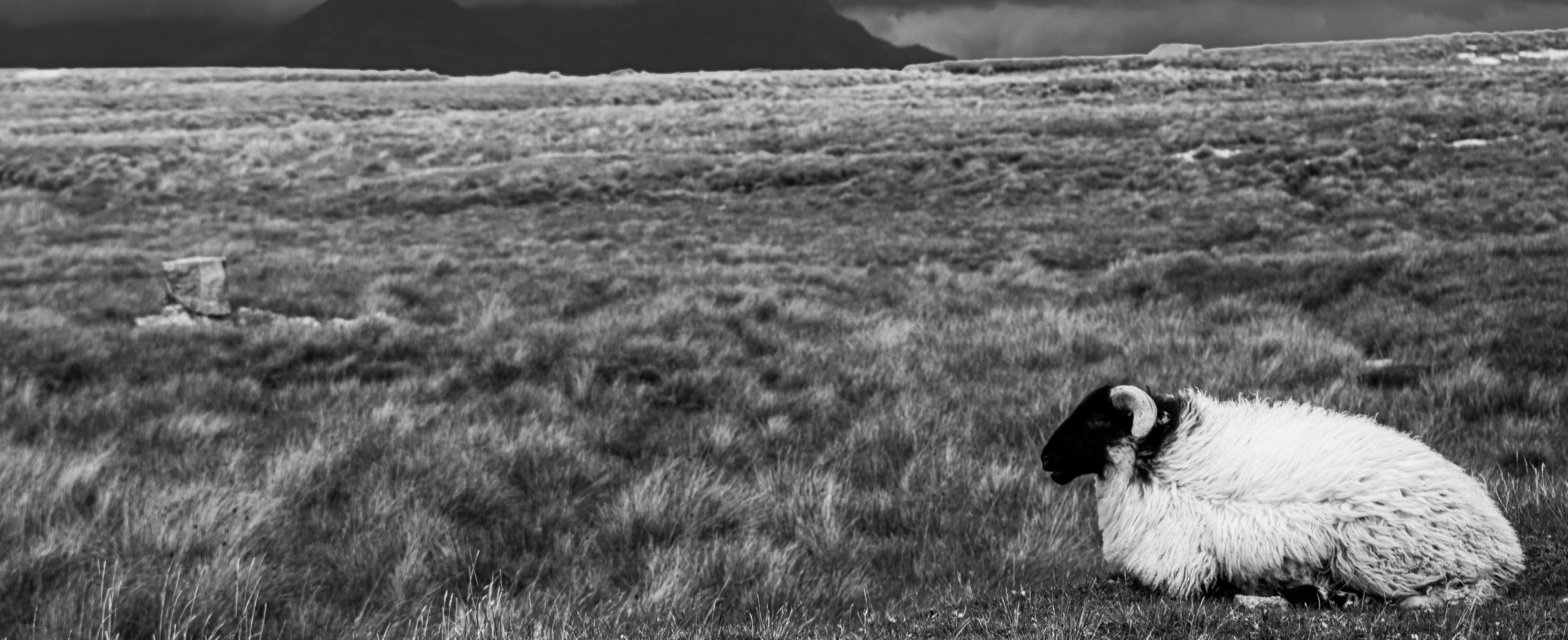Abstract
Imagine a future in which animals had fundamental rights to political participation and voting. What would our towns and cities look like? What kind of infrastructure would we need? And what kind of zoodemocracy would we, animals, co-author? As counterintuitive as it might seem, sometimes what is needed is not a minimal agenda. Animal rights theorists and the animal rights movement more generally have focused for decades on abolishing the farming of animals and on one-issue campaigns such as the abolition of the animal fur trade. These are noble and important pursuits, but what if the driving force to produce meaningful change did not reside in looking at the horrors of factory farming, but rather in envisaging beautiful and joyful futures? What if what we needed was to provide imaginaries full of possibilities, opened to create new relationships and communities; futures that we might long for and might be willing to strive for? In this speculative article, I imagine a realistic and fictional zoodemocracy after the devastating effects of climate change hit Earth and Earth’s inhabitants with full force. The reader should imagine that the scenario portrayed in this article is situated in the 2180s and after many catastrophic events had happened. Location-wise, the article portrays different historical moments in which London, England, transitions from a human-centric polis and democracy to a zoopolis and zoodemocracy.
Keywords: zoodemocratic theory, animal politics, animal imaginaries, multispecies political communities, animal political philosophy
How to Cite:
Castelló, P. P., (2022) “Zoolondopolis”, Animal Studies Journal 11(1), 121-145. doi: https://doi.org/10.14453/asj/v11i1.6
Downloads:
Download PDF
423 Views
454 Downloads

